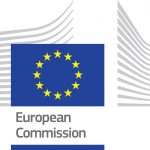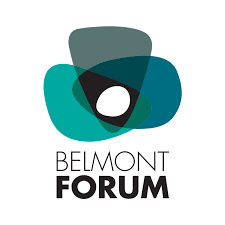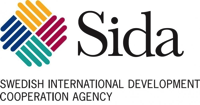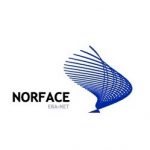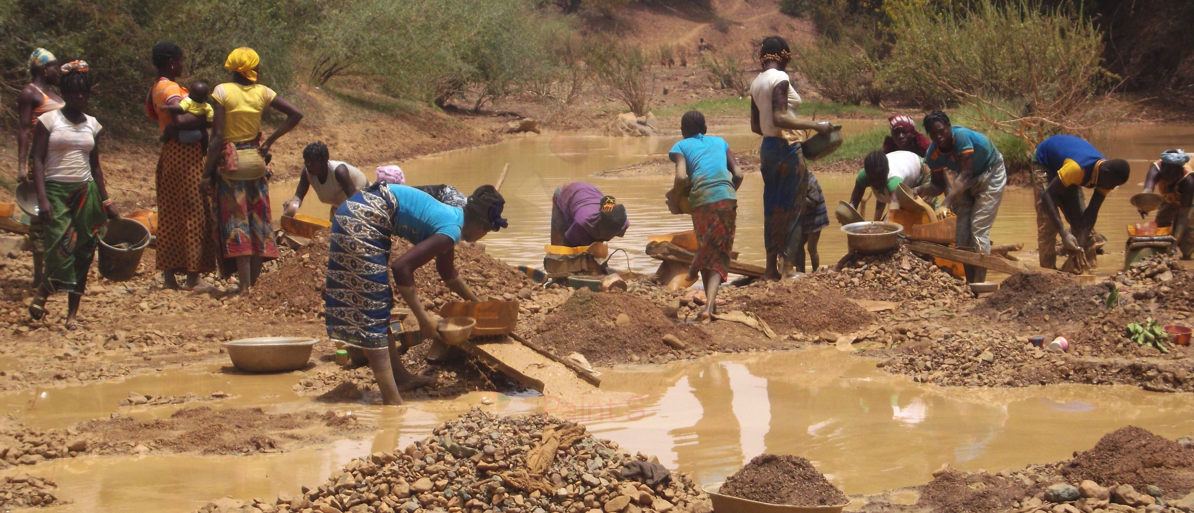
Sustainability Transformations in Artisanal and Small-scale Gold Mining: a Multi-Actor and Trans-Regional Perspective (Gold Matters)
Partners
The project ST-ASGM is financially supported by the Belmont Forum and NORFACE Joint Research Programme on Transformations to Sustainability, which is co-funded by DLR/BMBF, ESRC, FAPESP, ISC, NOW, VR and the European Commission through Horizon 2020.
Background
An estimated 16 million people are dependent on Artisanal and Small-scale Gold Mining (ASGM) – labour intensive, low-tech, gold extraction and processing – the majority living in poverty in low and lower middle-income countries. Yet, despite its positive potential to contribute to sustainable development across all 17 SDGs, ASGM is globally mainly associated with environmental degradation, economic inequality and negative social, labour and health impacts. These negative impacts of ASGM generate critical barriers to sustainability.
For significant sustainability-linked transformation, there is urgent need for better understanding of whether and how gold mining communities can transform their relationships to the natural and social environment to achieve sustainable futures in mining regions. Against this background, this research project is addressing how and whether societal transformation towards sustainability (T2S) can arise in Artisanal & Small-scale Gold Mining (ASGM), by examining how existing ASGM dynamics (gold lifeways) can develop into sustainable mining futures.
Project objectives and expected results
Moving beyond normative conceptualisations of sustainability, based on static planning models which often fail to capture the dynamic trajectories already characterizing mining worlds, the present research follows the understanding that societal transformation to sustainability needs to:
- build on endogenous processes of technological and socio-economic change
- recognize flows and mobility as fundamental to conceptualisations of sustainability
- address governance and wellbeing issues through the co-production of knowledge and action with gold miners and mining communities
Through the development of an ASGM Sustainability Transformations’ Framework, the research project’ main goal is to understand the socio-spatially situated character of mining livelihoods, as a key to consider how social and cultural values shape wellbeing, quality of life and identity.
To add value to global research efforts and enhance impact, the project is capitalising on existing ASGM partnerships in Africa and Latin America. Intended outcomes are threefold: first, excellent scientific evidence to enhance knowledge on T2S; second, links to regional practical action; and, third, exploitation of opportunities for policy influence.
Research process
The ASGM Sustainability Transformations’ Framework is based on an innovative combination and sequencing of methods:
- The implementation of Sustainability Conversations with a diversity of stakeholders having contested knowledge(s) and values on ASGM
- The co-design from these Sustainability Conversations of a roadmap for elucidating actors’ visions of sustainable futures
- The diffusion (to mining actors in local communities, governments, international organisations, NGOs, etc.) of the roadmap to ensure impact of the research, in particular through transnational travelling exhibition of the co-produced visual representations (via photographs, maps, aerial images, video-clips): “We’re Talking about sustainability”
Fieldwork
The ASGM Sustainability Transformations’ Framework is based on the comparison between diverse mining regions, in South America and Africa, and more particularly on three regions:
- Amazon Basin
- West Africa – Ghana, Burkina Faso and Guinea
- East Africa – Uganda and Tanzania
Partner institutions and project team
To build interdisciplinary, the project team is consisting of the teams of the following research institutions:
- University of Reading, United Kingdom, Eleanor Fisher, Miranda Joyce
- Vrije Universiteit Amsterdam, Netherlands, Marjo de Theije, Wayne Modest
- University of Hamburg, Germany, Michael Schnegg
- University of Oslo, Norway, Robert Pijpers
- Nordic Africa Institute, Uppsala, Sweden, Cristiano Lanzano
- IFSRA, Ouagadougou, Burkina Faso, Peter Hochet, Hermine Papazian, Alizeta Ouedraogo, Luigi Arnaldi di Balme, Nii Obodai
- Campinas State University, Brazil, Lucia da Costa Ferreira, Maria Teresa
- Leiden University, Netherlands, Sabine Luning, Peter Pels
- University of Leuven, Belgium, Hannelore Verbrugge
- Mbarara University of Science and Technology, Uganda, Ronald Twongyirwe
- University of Sao Paulo, Brazil, Giorgio de Tomi, Tatiane Marin
